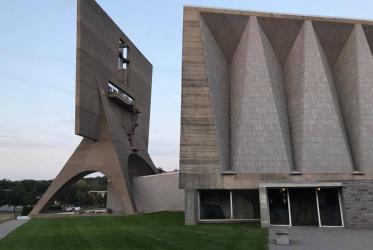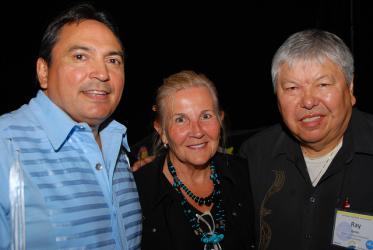Displaying 61 - 80 of 88
Tveit: search for unity “an urgent need today”
09 September 2017
Orthodox bishops in USA condemn racist violence
31 August 2017
In Charlottesville, can “the power of love” prevail?
14 August 2017
Religion: Way of war or path to peace?
30 June 2016
USA Racial Justice Accompaniment Visit
18 April 2016









